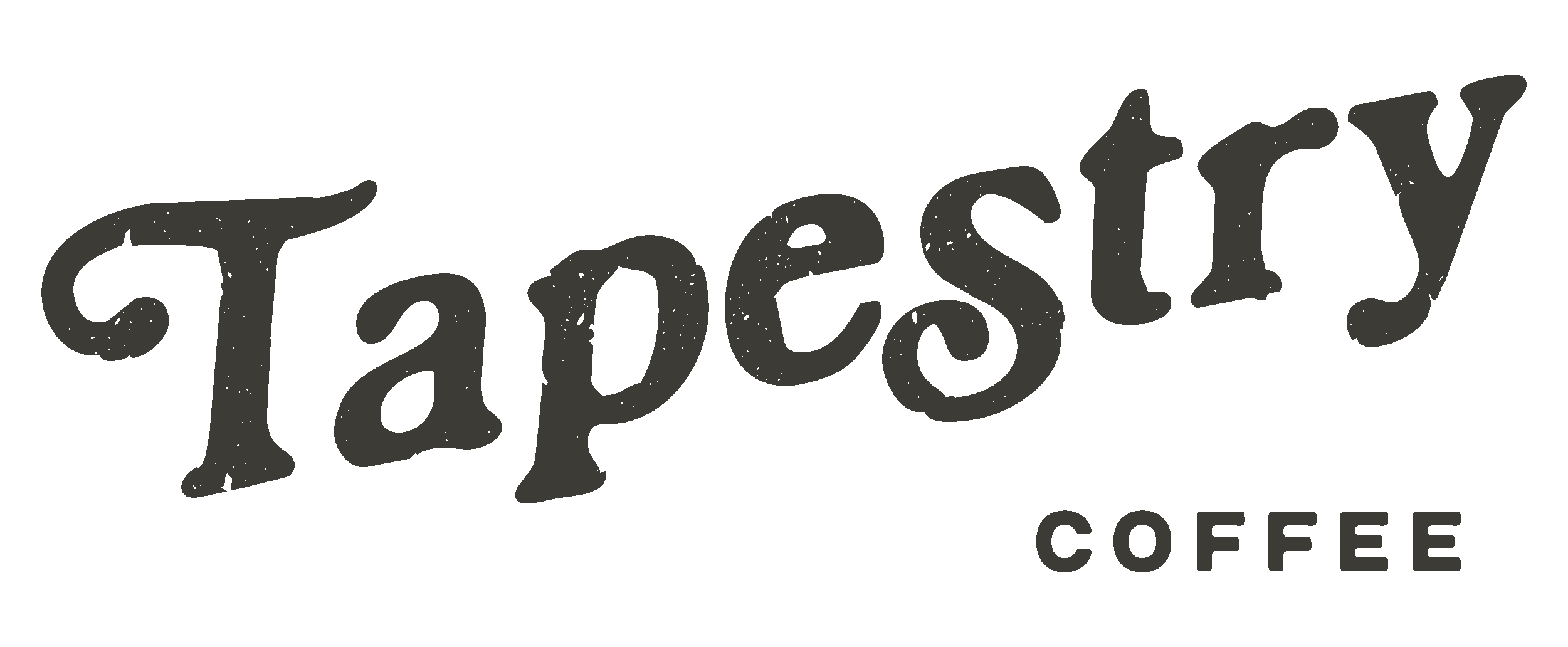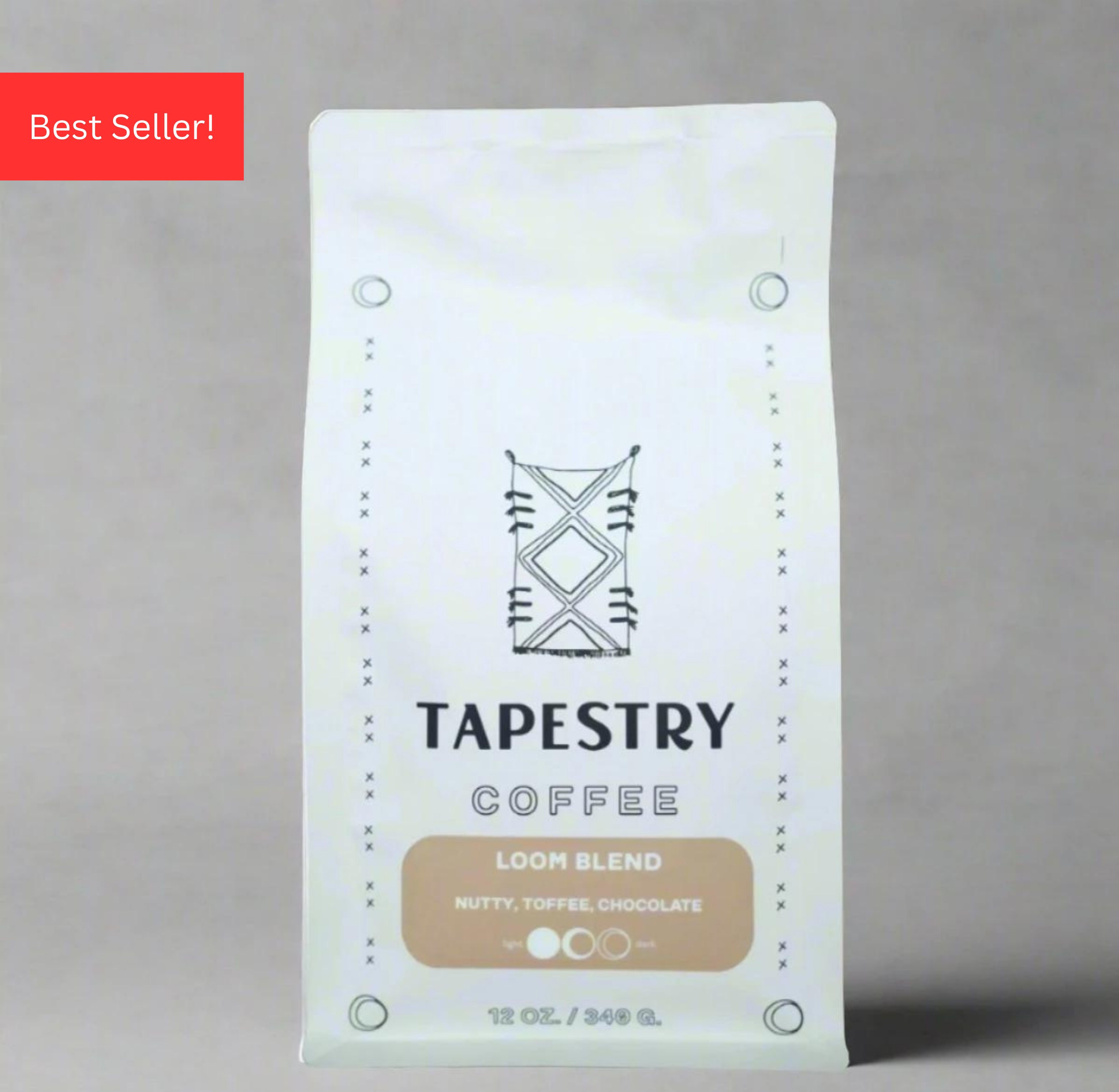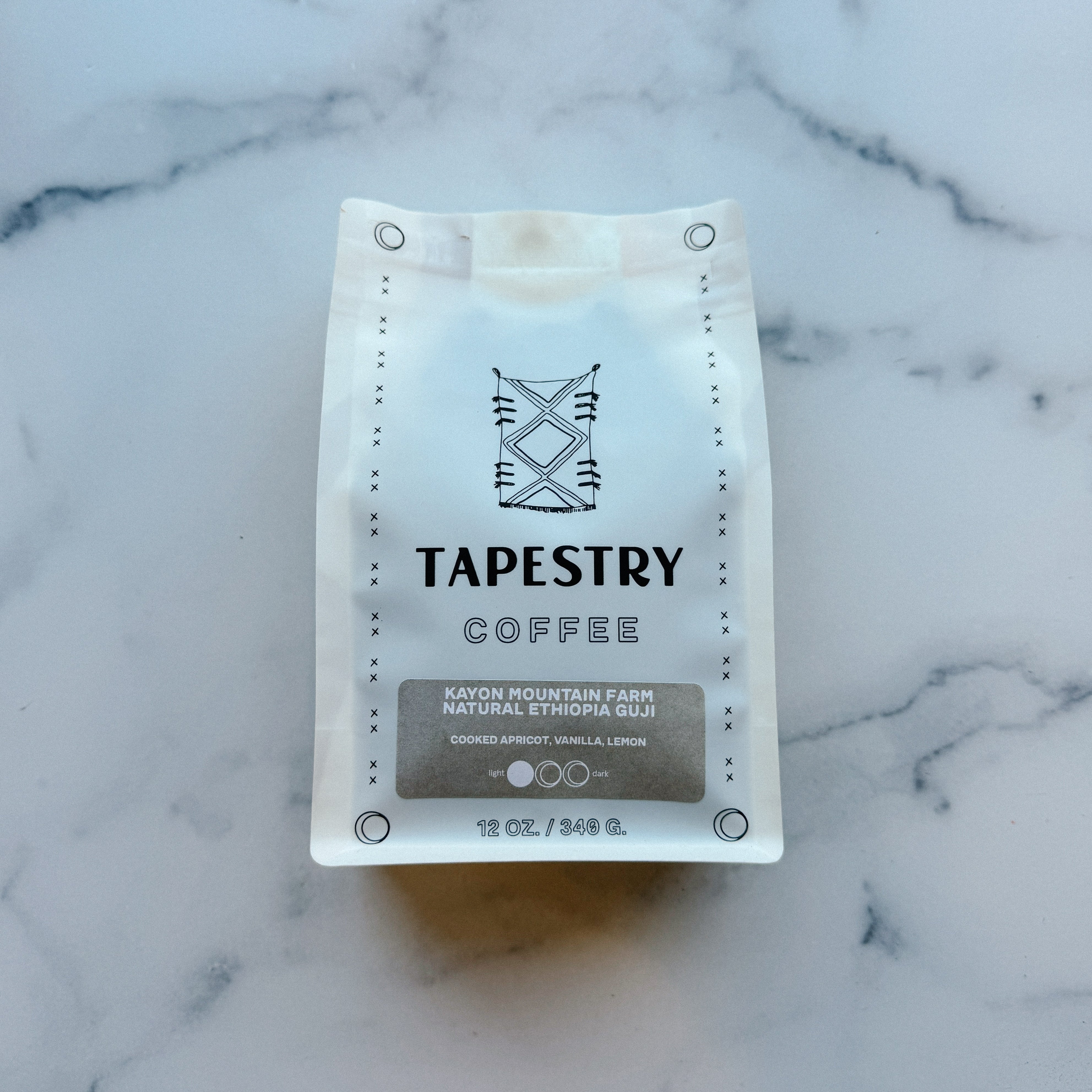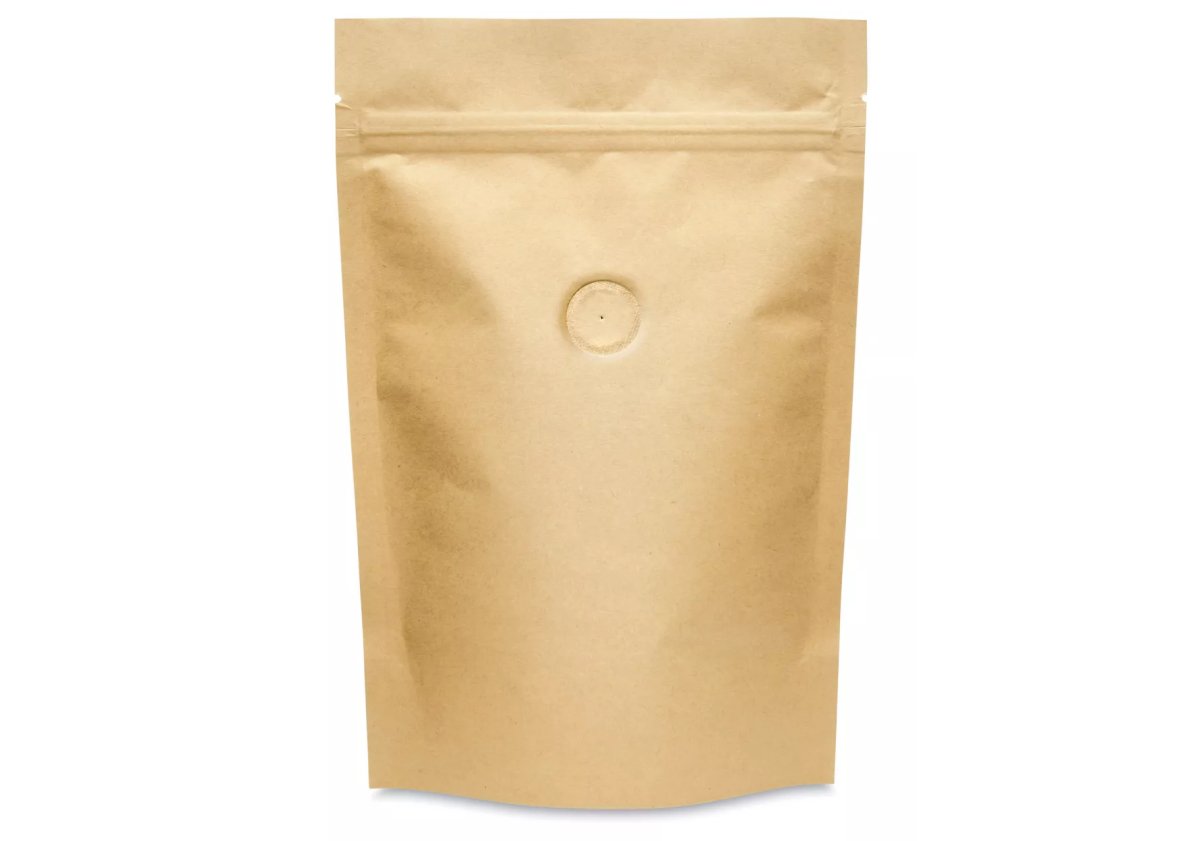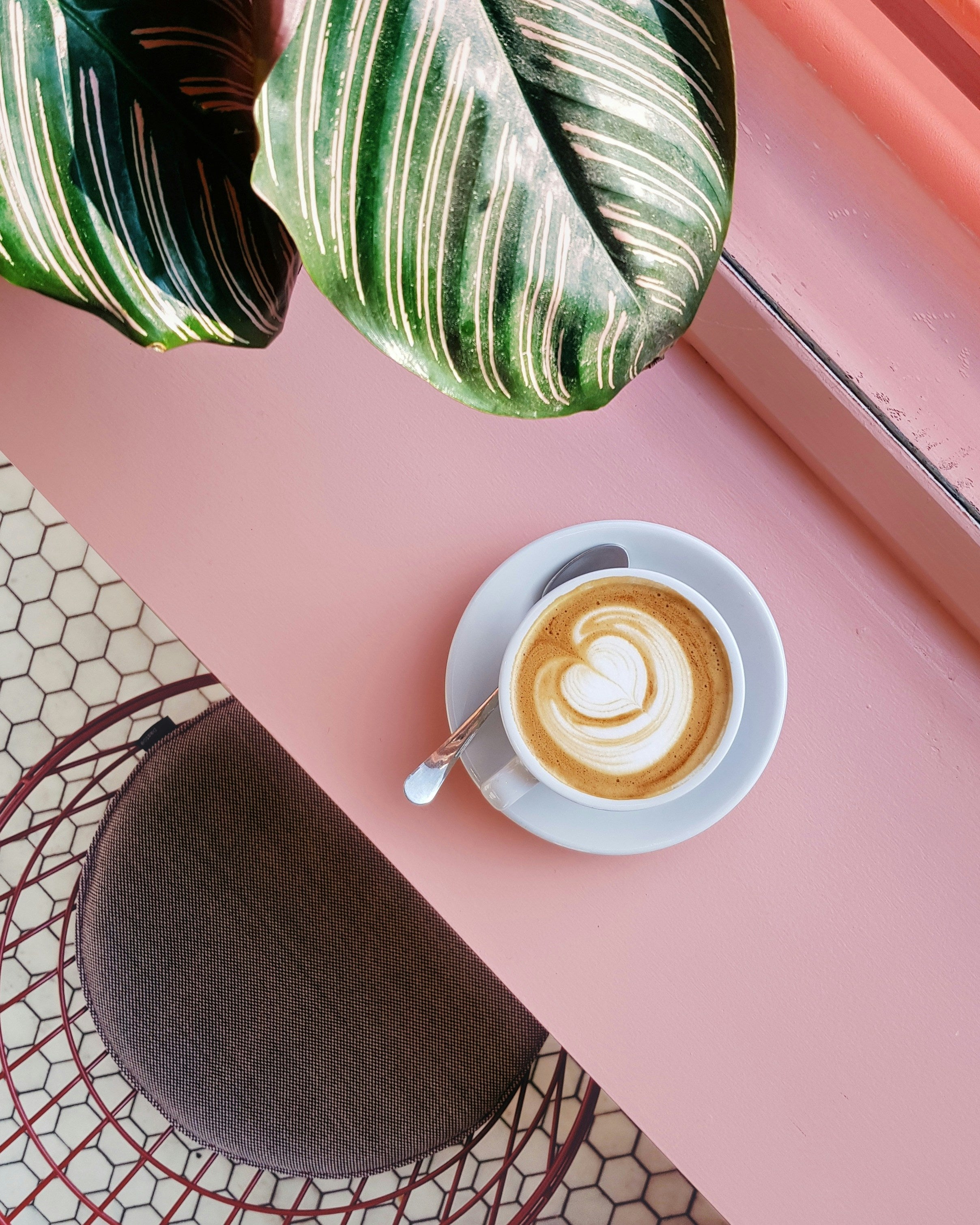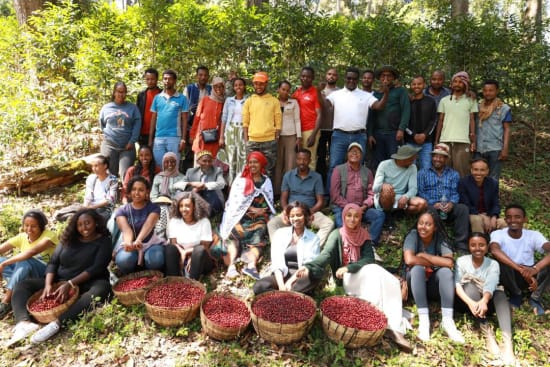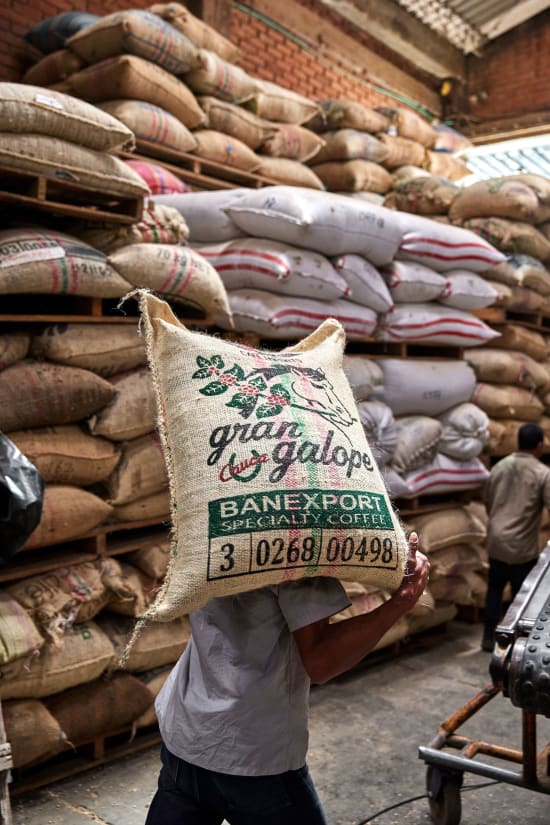What is Third Wave Coffee?
You may have heard the term "third wave coffee" before, but what does it actually mean? In short, third wave coffee is a movement to produce high-quality coffee. This involves everything from sourcing the best beans to brewing the perfect cup. proponents of third wave coffee believe that coffee should be treated like any other artisanal foodstuff, with care and attention paid at every step of the process.
So, what sets third wave coffee apart from your average cup of joe? Let's take a closer look.
The First Wave of Coffee: Mass Production
Coffee's first wave began in the early 1800s when coffee plantations started popping up all over Latin America, Africa, and Southeast Asia. At this time, coffee was mostly consumed for its caffeine kick; taste was not a major consideration. The focus was on mass production, which meant that quality often suffered.
This changed in the early 1900s when instant coffee was invented. Instant coffee allowed people to make a quick cup of coffee without having to wait for grounds to brew. This convenience led to a boom in coffee consumption, which in turn led to more investment in quality control. As a result, the first wave of coffee finally began to focus on taste as well as quantity.
The Second Wave of Coffee: Specialty Shops
The second wave of coffee began in the 1970s with the rise of specialty shops like Starbucks. These shops sold higher-quality beans and brewing equipment and promoted new ways of preparing coffee, such as espresso drinks however not quite at the level of third wave coffee shops. They also introduced new flavor profiles by adding syrups and other ingredients to coffees. The second wave continued into the 1990s with the advent of gourmet coffees like flavored beans and cold brews.
The Third Wave of Coffee: Artisanal Approaches
This began in the early 2000s and is characterized by an artisanal approach to every step of the process, from bean selection to brewing methods. Proponents of this movement believe that coffee should be treated like any other artisanal foodstuff, with care and attention paid at every step of the process. Learn more about the history!
Roasters source their beans from specific farms and regions instead of bulk suppliers. They often visit these farms themselves to form relationships with growers and ensure that sustainable practices are being used. Once the beans are roasted, they are brewed using state-of-the-art equipment and techniques designed to bring out each bean's unique flavor profile. Finally, baristas take great care in preparing each drink so that it looks as good as it tastes.
Third wave coffee is a movement to produce high-quality coffee using artisanal methods at every step of the process, from bean selection to brewing methods. This approach has led to coffees with incredible flavor profiles that rival those of wine or craft beer. If you're looking for an amazing cup of joe, keep an eye out for third wave roasters in your area!
Third Wave Coffee Shops
Third wave coffee shops take the artisanal approach of third wave coffee and bring it directly to the customer. These cafés prioritize quality, craftsmanship, and education, creating an experience that goes far beyond just serving a cup of coffee.
One of the hallmarks of third wave coffee shops is their emphasis on transparency. Baristas are highly trained not only in brewing techniques but also in the origins of the beans, processing methods, and the unique flavor profiles of different coffees. Customers are often encouraged to explore coffee in a more intentional way—whether through pour-over brewing, espresso tasting flights, or educational workshops.
Another key distinction is the way third wave coffee shops approach milk and sweeteners. Instead of masking flavors with heavy syrups or artificial additives, these cafés highlight the natural characteristics of the coffee itself. Many third wave cafés also prioritize alternative milk options that complement, rather than overpower, the coffee’s profile.
Additionally, many third wave coffee shops develop direct relationships with roasters—or, in some cases, roast their own beans in-house—to maintain quality control and ensure they are working with ethically sourced coffee. The goal is to create an environment where every step, from sourcing to serving, honors the hard work of farmers, importers, roasters, and baristas alike.
Third Wave Coffee Roaster
At the heart of the third wave movement are the roasters who carefully source, roast, and distribute coffee with an uncompromising focus on quality and ethics. Unlike large-scale commercial roasters, third wave roasters take a hands-on approach, forming direct trade relationships with coffee farmers to ensure fair pricing, sustainable growing practices, and exceptional quality.
Transparency is a cornerstone of third wave roasting. Roasters openly share details about their coffee—where it was grown, who farmed it, how it was processed, and even how much they paid for it. This commitment to transparency helps create a more sustainable coffee industry, ensuring that farmers are fairly compensated and that customers know the true story behind their cup.
Ethical sourcing is another defining feature. Third wave roasters often seek out farms and cooperatives that prioritize environmental sustainability, whether through organic farming, shade-grown coffee, or innovative water-saving processing methods. They also ensure that labor practices are ethical, advocating for fair wages and working conditions for coffee producers.
The roasting process itself is treated as an art form. Instead of roasting beans to a uniform, dark profile that masks origin characteristics, third wave roasters use precision roasting techniques to highlight the unique flavors inherent in each coffee. Lighter roasts that showcase natural sweetness, acidity, and complexity are common in this space.
By honoring the supply chain from farm to cup, third wave coffee roasters not only deliver an outstanding product but also contribute to a more ethical and sustainable coffee industry. When you choose coffee from a third wave roaster, you’re not just buying a drink—you’re supporting an entire network of people dedicated to making coffee better for everyone involved.
